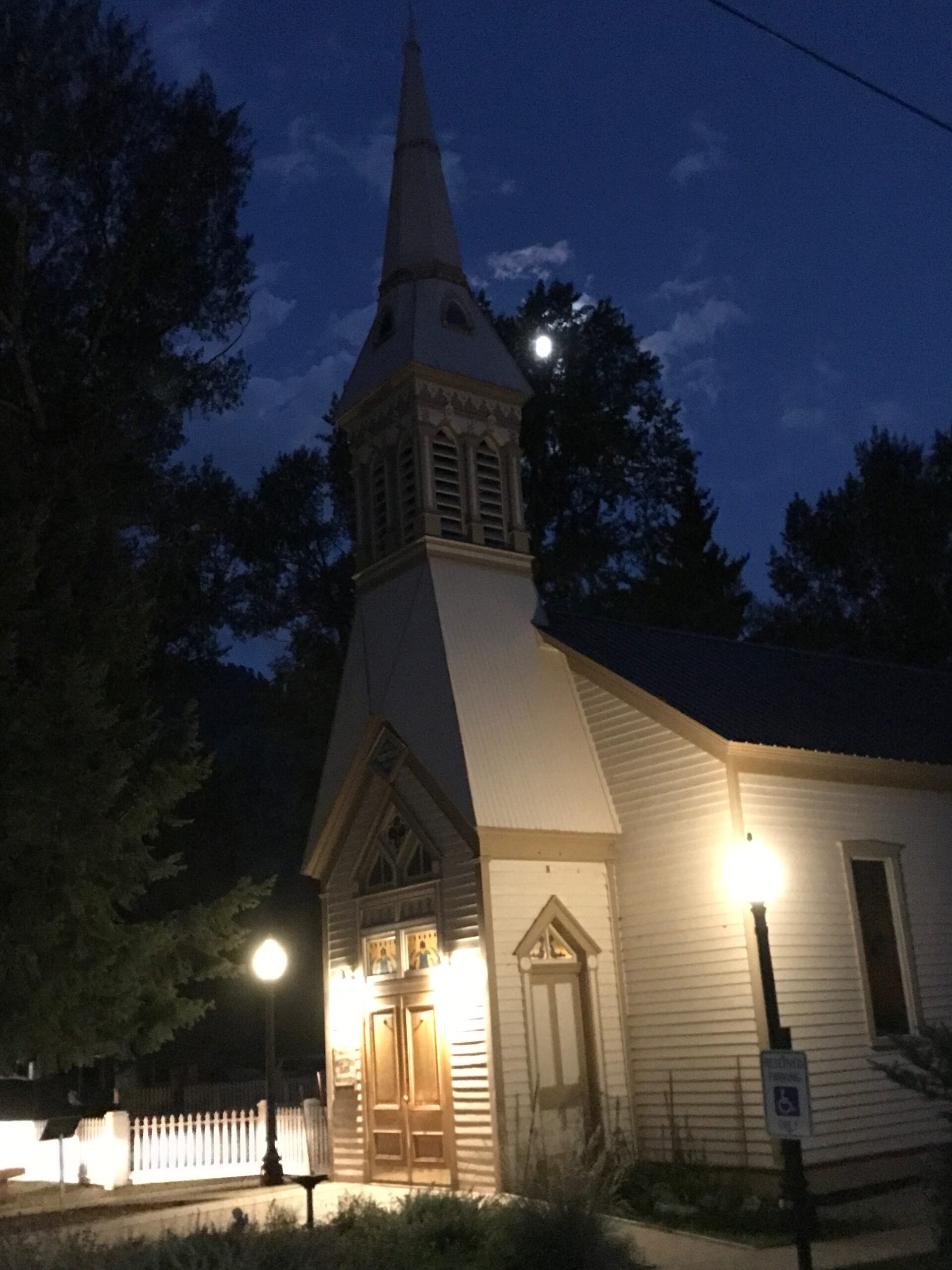Hosanna! Hosanna in the Highest! Blessed is He who comes in the name of the Lord!
Happy Palm Sunday Eve everyone,
It’s hard to believe that we’re almost at the end of the lenten season. Tomorrow, March 24th, we’ll gather with the other Lake City churches for our first Palm Sunday Community Worship Service. The service will be at the First Baptist Fellowship Hall at 10:00am. With palms in hand, we’ll sing our “Hosannas” to our triumphant King. Also, don’t forget that our offering tomorrow will go to supporting CCS (Christian Community Service). After the service, please join for a time of fellowship with coffee and cinnamon rolls. For those unable to be present in person, the service will be broadcasted via Zoom through the link provided below.
Although our programs will look different this week, don’t forget that we’re still having our Wednesday weekly Bible study on March 27th at 5:00pm. We’ll wrap up our Sacred Days series by exploring the holiest day of the year–Resurrection Day (also known as Easter).
Below you will also find the schedule for holy week. Please note that if you’re planning on attending the Sacred Meal of Remembrance on Maundy Thursday, March 28th, you MUST RSVP ASAP. Tomorrow during the Palm Sunday Community Service, I will be inviting the larger faith community to join us. There is limited space for this event so, PLEASE let me know if you are coming by texting me the names of each of the participants.
HOLY WEEK SCHEDULE 2024
Monday, March 25
Showing of The Passion of the Christ in Darley Fellowship Hall at 7:00pmCommunity Presbyterian Church, 429 Gunnison Street
Thursday, March 28
Maundy Thursday Sacred Meal of Remembrance at Community Presbyterian Church in Darley Hall at 6:00pm. RSVP by midnight on Monday March 25th with names of each participant to 206-962-9886
Friday, March 29
Good Friday Service at St. James Episcopal Church at 12:00pm
Stations of the Cross at St. Rose of Lima Catholic Church at 5:00pm
Good Friday Tenebrae Service at Community Presbyterian Church at 8:00pm
Easter Sunday, March 31
“Sunrise” Communion Service at St. James Episcopal Church at 7:00am
Community Easter Breakfast at the First Baptist Fellowship Hall at 8:00am
Service of the Resurrection at Community Presbyterian Church at 10:00am
Easter Service at the First Baptist Church at 10:30am
Easter Mass at St. Rose of Lima Catholic Church at 3:30pm
Here are your links for this week’s gatherings.
Sunday Worship Service:
https://us02web.zoom.us/j/88489308747?pwd=RHVFY1BybkU0a1RXZE9GRlBZWWpNUT09
Wednesday Bible Study
https://us02web.zoom.us/j/83431443393?pwd=NEFpYVlSNVloSkdCNGExU2kxMUNtQT09
